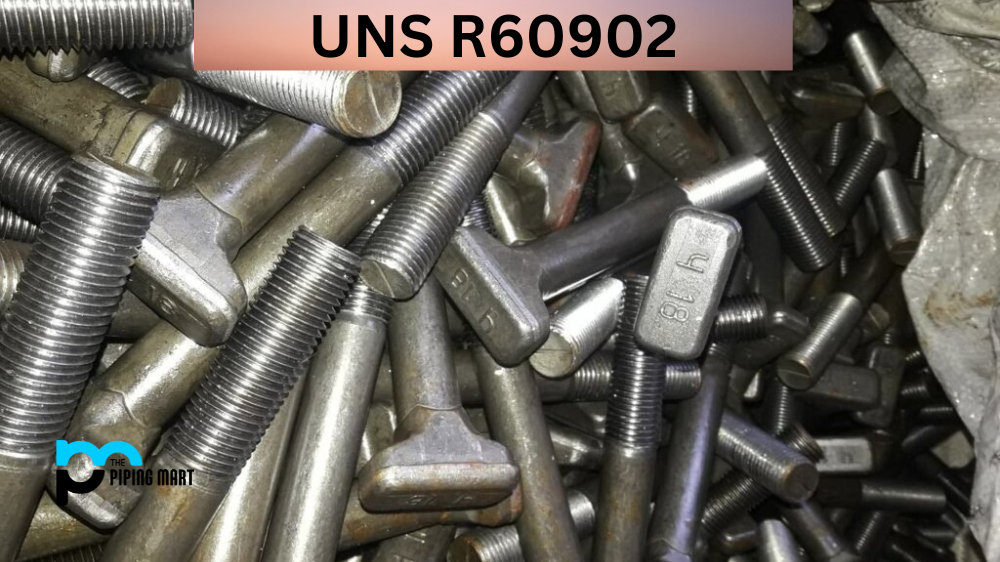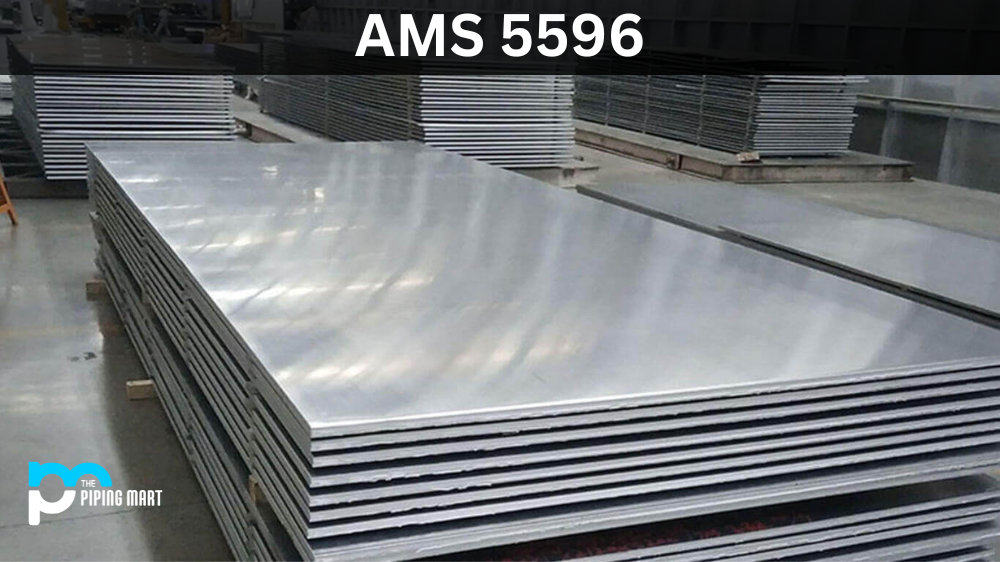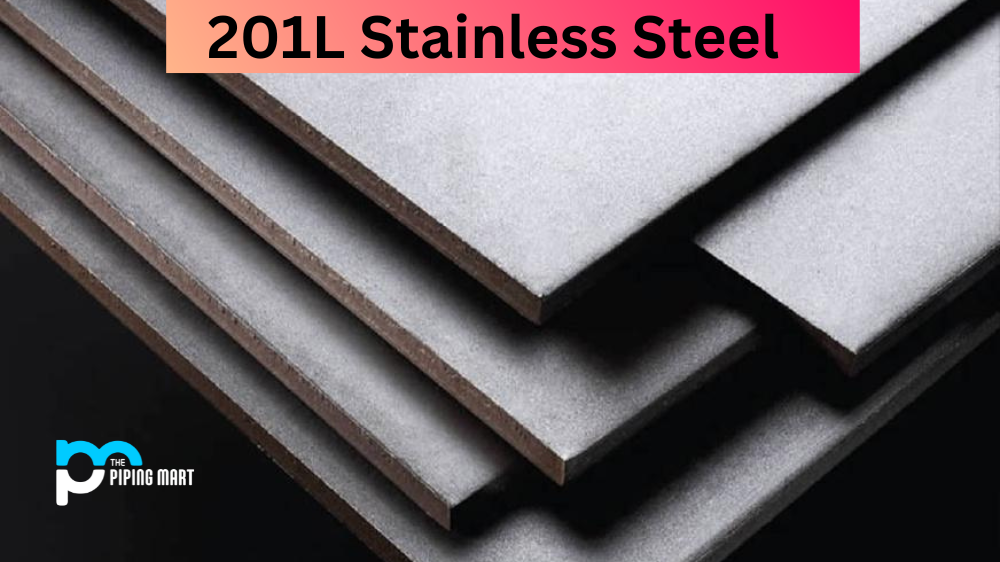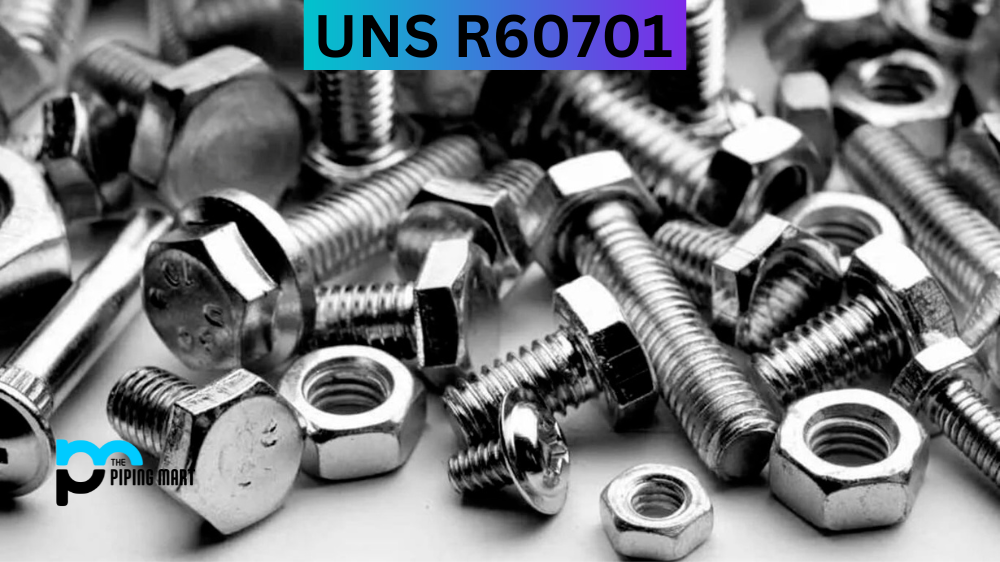UNS R60902 is a titanium alloy with various elements that give it exceptional properties. It is widely used in various industries such as aerospace, marine, chemical processing, etc. This alloy is known for its high strength, excellent durability, and corrosion resistance. This blog post will discuss the composition, physical properties, mechanical properties, uses, hardness, heat treatment, welding, and corrosion resistance of UNS R60902.
R60902 Composition
UNS R60902 is a titanium alloy that contains 6% aluminium, 4% vanadium, and 2% tin. It is also referred to as Ti-6Al-4V-2Sn. These elements contribute to its high strength, low density, and improved corrosion resistance properties. The precise amount of each element in the alloy determines the overall properties of the alloy.
R60902 Physical Properties
UNS R60902 is a high-strength alloy with a low density, weighing about 4.43 g/cm³. It has a melting point of 1632°C, and its thermal conductivity is about 6.7 W/mK. This alloy has good electrical conductivity so it can conduct electricity efficiently. It also has low thermal expansion properties.
R60902 Mechanical Properties
UNS R60902 is known for its high strength and excellent corrosion resistance. Its tensile strength ranges from 880 MPa to 1000 MPa, while its yield strength is about 790 MPa. This alloy has a low modulus of elasticity and is considered very resilient. It also has excellent flexibility and can withstand high-stress environments.
R60902 Uses
UNS R60902 is widely used in aerospace, marine, chemical processing, and many more industries. This alloy is especially useful in applications that require high strength and excellent corrosion resistance. It produces aircraft components, such as landing gear, engines, and fasteners. It is also used in the marine industry to manufacture propeller shafts and seawater pipelines. And in the chemical processing industry, it produces reaction vessels, heat exchangers, and pressure vessels.
R60902 Hardness
UNS R60902 has a high hardness value, with a Rockwell C hardness ranging from 36 to 42. This hardness makes it difficult to machine or form, but it is also well-suited for applications requiring high wear resistance.
R60902 Heat Treatment
UNS R60902 can be heat-treated to enhance its mechanical properties. The alloy is heated to a specific temperature and cooled quickly to achieve the desired strength. This process can improve the power and flexibility of the alloy. However, the heat treatment process must be done carefully, as the alloy may become brittle or lose its corrosion resistance properties.
R60902 Welding
UNS R60902 is relatively easy to weld using TIG (inert tungsten gas) welding or MIG (inert metal gas) welding. These methods can be used to join the alloy to other metals. The alloy can also be joined using a filler metal.
R60902 Corrosion Resistant
UNS R60902 is known for its excellent corrosion resistance properties. The presence of aluminium and vanadium in the alloy helps to protect against corrosion. This makes it suitable for use in applications that involve contact with corrosive environments such as seawater. It is also resistant to stress corrosion cracking and crevice corrosion.
Conclusion
UNS R60902 is a titanium alloy known for its high strength, low density, and excellent corrosion resistance properties. Its composition, physical and mechanical properties, uses, hardness, heat treatment, welding, and corrosion resistance make it a popular choice in many industries. Its high strength, low density, and excellent corrosion resistance make it ideal for applications requiring high-performance materials that can withstand harsh environments. In summary, R60902 is a high-performance alloy well-suited for several industrial applications.
Meet Heer, a dynamic and driven writer learning tricks of her trade in the metal industry. With a background in Digital Marketing, Heer brings a unique perspective to her writing, sharing valuable insights. Apart from blogging she like reading and hiking.




